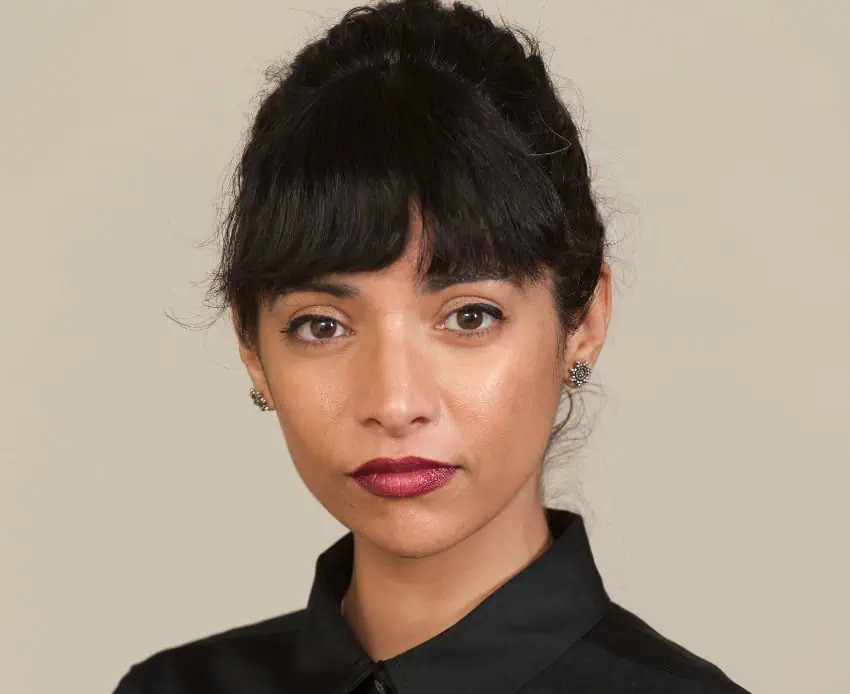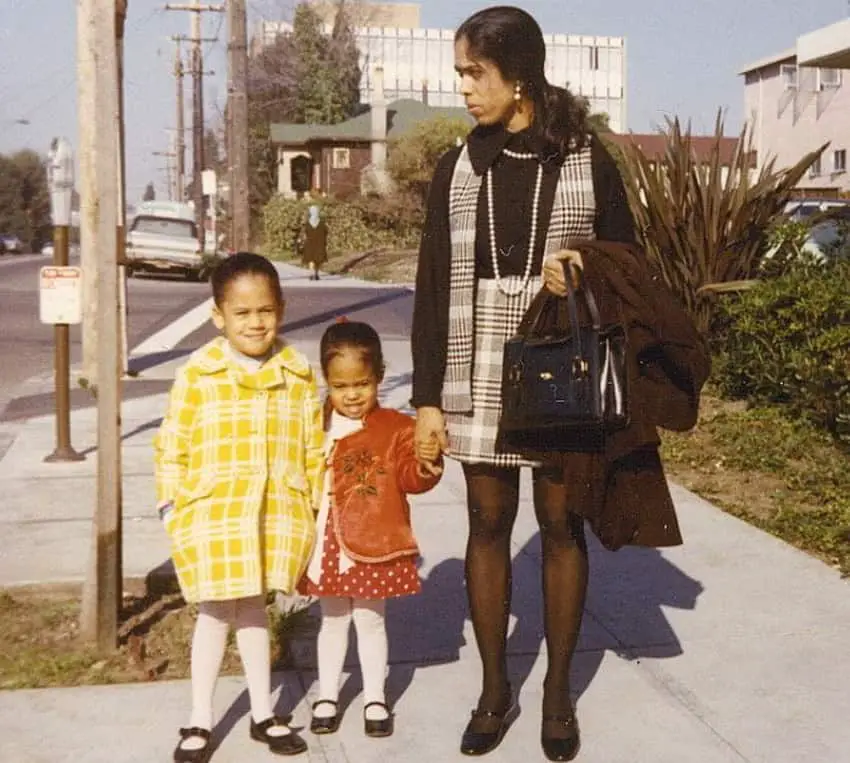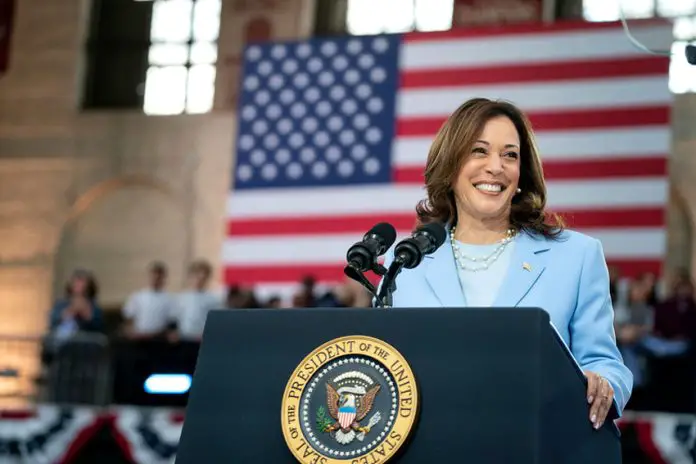It is well known that Kamala Harris’ mother was from India and her father is from Jamaica.
What is less well known is that the United States vice president and Democratic Party presidential nominee has a Mexican cousin.
Sharada Balachandran Orihuela was born in Mexico City to a Mexican mother, Rosamaría Orihuela, and an Indian father, Gopalan Balachandran, the maternal uncle of Harris.
Balachandran Orihuela, an academic in the United States, grew up between Mexico and India, but moved to Oakland, California, in 2001.
While a student in the United States, she reconnected with her cousin — an Oakland native — after moving in with her aunt, Harris’ mother Shyamala Gopalan.
In an interview with the EFE news agency, Balachandran Orihuela described the current U.S. vice president as a “loving” and “warm” person who was like her “big sister” when she moved to California. Harris even took her cousin to her first punk rock concert.

“When I think of Kamala, I see a person who has a lot of values — values of the importance of the family, of justice, of wellbeing of the common person,” Balachandran Orihuela, an associate professor of English and Comparative Literature at the University of Maryland, told EFE.
“She’s a person with very strong principles and values that have to do with justice, also economic justice,” she said.
According to EFE, Harris and Shyamala Gopalan, a biomedical scientist, played a key role in helping Balachandran Orihuela adapt to life in the United States and integrate into society.
Harris — who was elected as district attorney of San Francisco not long after her cousin arrived in the U.S. — took her shopping, to concerts, and to protests, which led to a “political awakening” for Balachandran Orihuela.

The Mexico City native recalled that Harris took her to see the Californian punk rock band Bad Religion in San Francisco.
“Bad Religion was one of my favorite bands. I went to high school in India, there weren’t many punk rock concerts there. So I listened to music on my walkman and when I moved to the United States, I thought that now I would be able to go to all those concerts,” she told EFE.
Balachandran Orihuela noted that the family of Harris — and by extension her family — is very diverse. Such diversity “is characteristic” of the United States, she added.
“Our family is basically [representative of] the history of the United States. It’s an American family that represents a a lot of Americans — African American people, Latino people, people from India,” Balachandran Orihuela said.
Vice President Harris also has a connection to Mexico via her father, Donald J. Harris, an economist and academic who was a Fulbright Scholar in the country in 1992.
She traveled here in 2021 — a visit remembered in part for President Andrés Manuel López Obrador allegedly calling her “Kabala” rather than Kamala.
If she defeats Donald Trump in the Nov. 5 presidential election, Harris — like Claudia Sheinbaum in Mexico — will become the first female president of her country.
The Mexico-United States relationship — currently strained due to U.S. Ambassador Ken Salazar’s criticism of Mexico’s judicial reform proposal — will continue to be of vital importance during Sheinbaum’s presidency and the four-year term of the next U.S. president.
The two countries — each other’s largest trade partner — collaborate on a range of shared challenges, including immigration and drug and arms trafficking.
With reports from EFE
